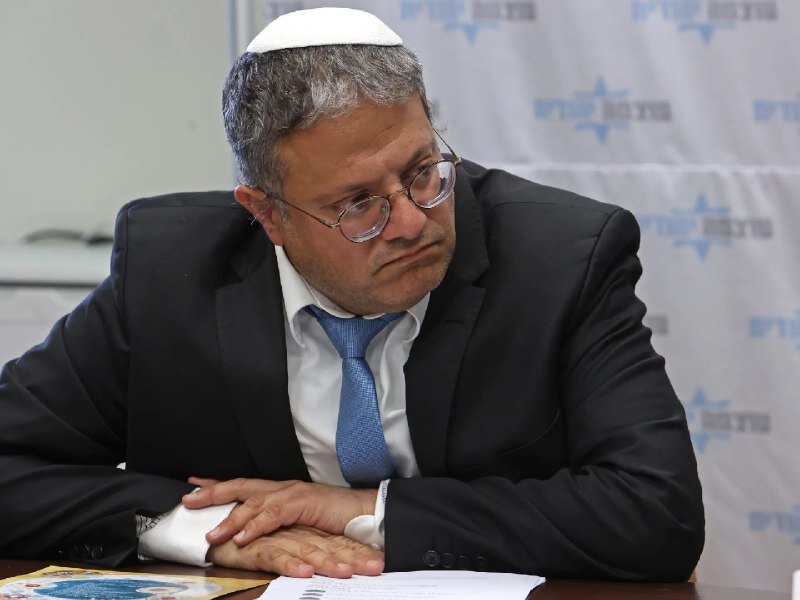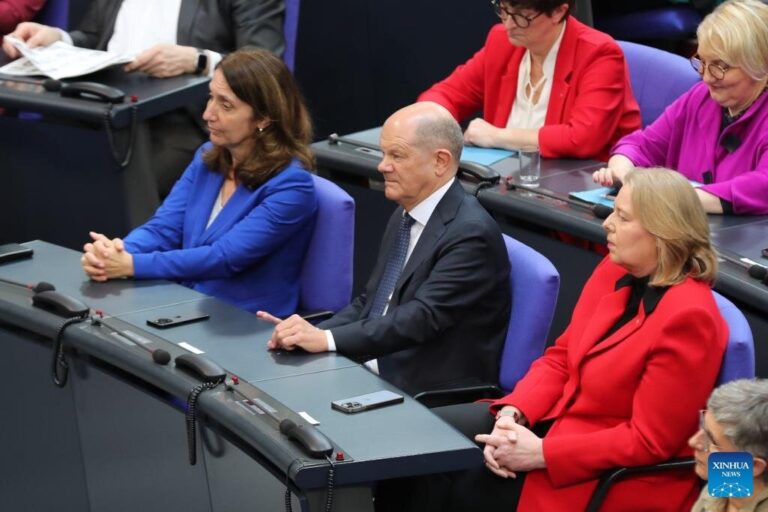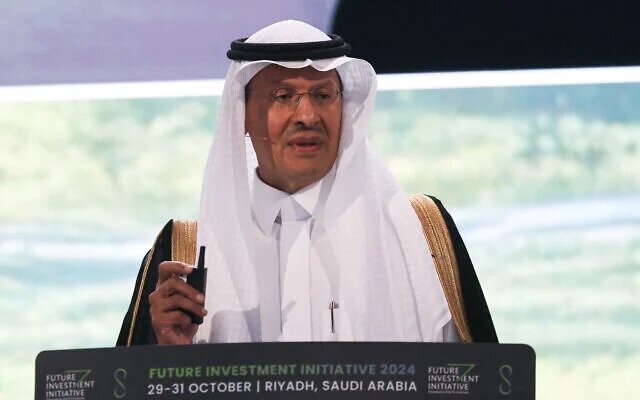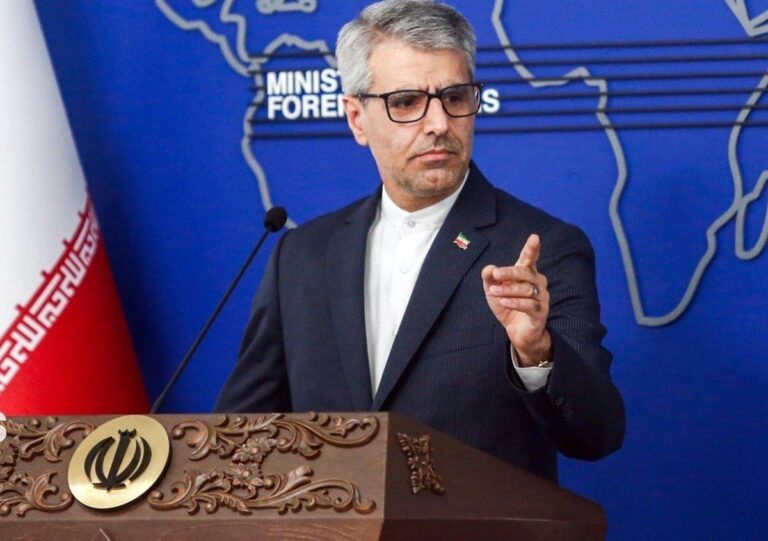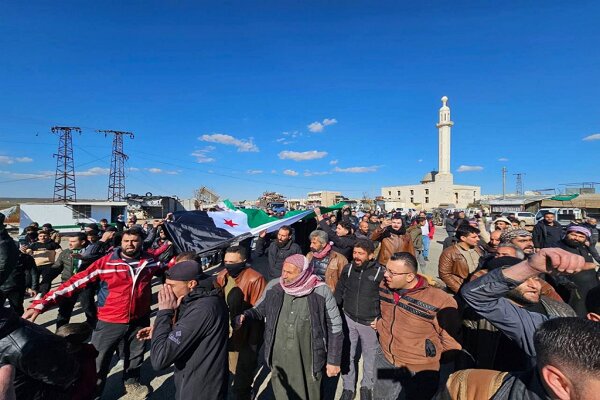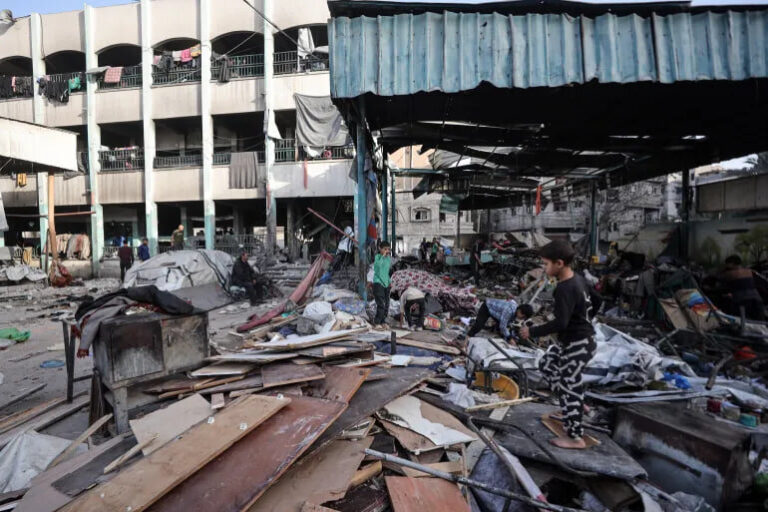Ben-Gvir Claims Egypt Played Role in Al-Aqsa Storm Unrest
Far-right Israeli politician Itamar Ben-Gvir has recently made headlines with his controversial statements regarding Egypt’s involvement in the conflict with Hamas. He asserts that Israel deserves “explanations” from Egypt’s government concerning how Hamas has been armed. This article delves into Ben-Gvir’s comments, the political context, and the implications for Israeli-Egyptian relations.
In a broadcast by Israeli state radio, Ben-Gvir expressed his views, stating, “They [Egypt] have a role in what happened on October 7.” He further claimed, “There was probably some partnership, or at the very least, a willful blindness.” These remarks reflect escalating tensions in the region and highlight the complexities of international relations involving Israel, Egypt, and Hamas.
Ben-Gvir, a former interior minister, resigned from Prime Minister Benjamin Netanyahu’s cabinet following disagreements over a truce deal with Hamas. His resignation underscores the rift within Israeli politics regarding how to manage relations with its Arab neighbors and the ongoing conflict in Gaza.
One notable aspect of Ben-Gvir’s political stance is his support for former US President Donald Trump’s proposition to relocate Palestinians from Gaza into Egypt and Jordan. This plan, however, has been firmly rejected by both Egypt and Jordan, demonstrating the challenges of finding a viable solution to the Israeli-Palestinian conflict.
To provide context, here are some key points regarding Egypt’s role in the Gaza situation:
- Blockade of Gaza: Since Hamas seized control of Gaza in 2007, Egypt has enforced a strict blockade, limiting the flow of goods and people.
- Security Cooperation: Egypt has cooperated with Israel to maintain security in the region, often at the expense of Palestinian rights.
- Humanitarian Concerns: The blockade has led to a humanitarian crisis in Gaza, with severe shortages of essential supplies.
Egypt’s relationship with Hamas is complicated. Although it shares a border with Gaza, Egypt has historically been wary of Hamas, viewing it as an offshoot of the Muslim Brotherhood, which the Egyptian government has banned. This perspective has influenced Egypt’s restrictive policies regarding the Gaza border and its involvement in peace negotiations.
Moreover, Ben-Gvir’s comments can be seen as part of a broader narrative within Israeli politics that seeks to assign blame to neighboring countries for the actions of militant groups. This blame game often overshadows the underlying issues that contribute to the ongoing conflict, such as the lack of a viable peace process and the humanitarian plight of the Palestinian people.
Looking ahead, the international community remains divided on how to address the situation. Some countries support a two-state solution, while others advocate for different approaches to achieve lasting peace. The complexities of the Israeli-Palestinian conflict necessitate a nuanced understanding of the roles played by various regional players, including Egypt.
In conclusion, Itamar Ben-Gvir’s statements about Egypt’s involvement in the conflict with Hamas reflect a growing frustration within Israeli politics regarding the security situation. As tensions continue to rise, it is crucial for both Israel and Egypt to engage in constructive dialogue that prioritizes stability and humanitarian considerations in the region. The path to peace remains fraught with challenges, but continued communication and cooperation among all parties involved are essential for finding a resolution.
